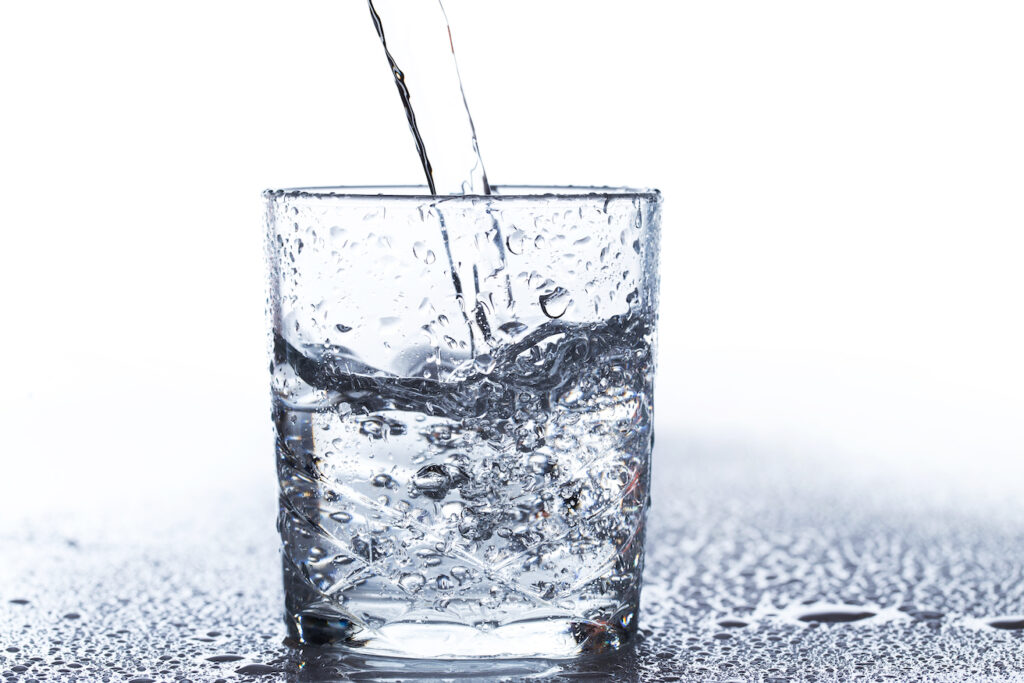This article is part of our series of scientific publication deep dives. If you have an article you would like featured, please contact us!
Hydration and health in the general population
Maintaining hydration is of vital importance for performance and safety when working or exercising in the heat, and insufficient fluid management can have major health effects such as heat stroke or chronic kidney disease. Staying well hydrated is also important to the general population for maintaining normal bodily functions and productivity. DeAnn Liska et al. in Nutrients review the scientific literature to determine the general health benefits of maintaining good hydration.
Key Finding #1: Dehydration negatively impacts mood and cognition
The authors compared 29 studies of hydration and neurological functioning to understand the impact of dehydration on mood and cognitive function. Dehydration was associated with increased negative emotions such as anger, confusion, depression and fatigue. Additionally, moderate dehydration was found to impact attention and memory thereby increasing the difficulty of complex mental tasks. These findings are in-line with a recent meta-analysis of cognition and hydration which found that decision making is impaired when dehydrated, with greater cognitive impairment observed at larger fluid deficits.

Key finding #2: Increased fluid intake reduces the risk of kidney stones
Kidney stones are mineral deposits that can form within the kidneys. When kidney stones exit the kidney into the urinary tract, they can become lodged causing severe pain and infection. Approximately 10% of adults will develop kidney stones in their lifetime and in half of patients with kidney stone formation, it will reoccur. The authors echoed the finding of a previous meta-analysis that higher fluid intake (enough to result in 2-2.5L/d of urination) halved the risk of developing kidney stones and that increased water intake significantly reduced their recurrence. Another recent review also highlighted the ability of increased fluid intake to reduce the risk of urinary tract infections.
Key finding #3: Increased water intake contributes to weight loss
Many studies have reported that replacement of high-calorie beverages with water can decrease over-all energy intake and assist with weight loss. In addition to these benefits, the authors highlighted multiple studies demonstrating that increased water consumption can independently contribute to body fat reduction and weight loss even in the absence of reduced caloric intake, possibly through mechanisms such increased fat breakdown or heat production.

Key finding #4: There are many areas where the benefits of water intake are unclear
The authors also investigated the impact of water intake on skin health, headaches and gastrointestinal function. While there are some promising studies reporting health benefits of increased hydration for skin physiology, headache intensity and the prevention of constipation the authors considered the evidence to be mixed and believe further research is necessary.

Conclusion:
Appropriate fluid intake can improve mood, cognition and kidney health and assist with weight management. It’s important for all individuals to ensure they are staying well hydrated so they can function at their best.


Monitoring hydration helps maintain optimal hydration and personal wellbeing. The MX3 Hydration testing system allows you to perform rapid actionable hydration assessment in seconds so you can ensure you are optimally hydrated.

